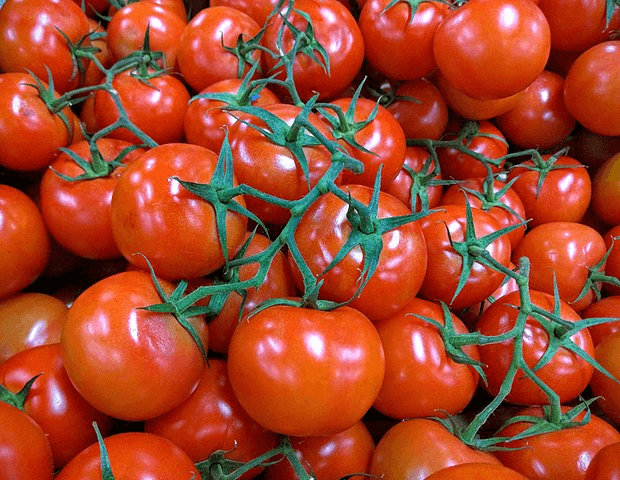The Quadram Institute in Norwich is recruiting 76 people with low vitamin D to take part in the ViTaL-D Study, where some participants will eat soup containing tomatoes that have been genetically altered with added nutrients to see if their health improves.
Researchers from the John Innes Centre turned off a molecule in the tomatoes being used in the trial, so when the fruit is placed under light vitamin D forms.
…
It follows the full introduction of the Precision Breeding Act in England in May, which means that scientists and farmers can now make and sell fruits and vegetables that have been gene-edited.
Follow the latest news and policy debates on sustainable agriculture, biomedicine, and other ‘disruptive’ innovations. Subscribe to our newsletter.
The ViTaL-D Study will test whether those who eat the gene-edited tomatoes have higher levels of vitamin D in their blood and compare the levels to supplements.
Vitamin D is important for the immune system to fight infection, for strong teeth, bones, muscles, and to help reduce the risk of cancer.

